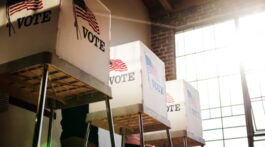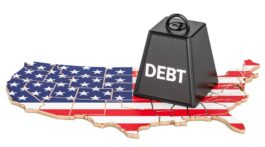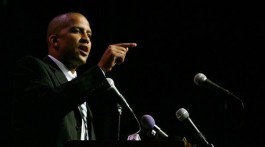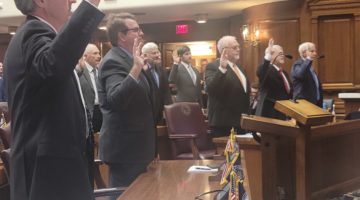by Michael Hicks
Many of us reflect on the economy throughout the year, so it seems natural to take a break from it over the holiday season. While there are certainly more alluring diversions than GDP growth or monetary policy this time of year, it remains a fine opportunity to ponder upon the very essence of economics. Economics focuses on the choices we make about leisure, labor, making a living, and building a life.
Households are extraordinary institutions for making decisions about the divisions of work, play, occupation and location. The trade-offs inherent in these choices are among the basic building blocks of society and cause much tension as well as joy. I think it is clear that nearly every American worker could make more money doing the same job somewhere else, or performing a different job. That means at any given time 125 million American households choose not to earn more money because they value something else more highly.
In a world where economic liberty is frequently confused as a vehicle for avarice and greed, it is clarifying to recognize that what we actually observe is quite different. In the real world we see men and women taking less prestigious jobs to remain close to family, or deferring the income from one parent to remain at home to nurture children or help with aging parents.
Likewise, most households make income-limiting occupation choices so we may perform tasks we feel called to do. Most of us engage in work that is more satisfying rather than in work that pays better. These decisions may well leave families much less financially prosperous, but still better off.
Of course, the reverse is also true. Many choose difficult work conditions to secure financial wellbeing for our families and provide opportunities that less demanding jobs may not. My MBA class is full of working parents struggling through late night classes to make a better life for their families.
I do not mean to be pollyanish on the value of choice. No doubt many of us make mistakes, choose poorly and feel ourselves worse for it. What is certain is that the forgone income from these choices certainly runs into the several trillion dollars per year.
A recognition of the primacy of our individual choices is very empowering, but it also offers some caution. While there are many ways government or other institutions may intervene in household decisions, these efforts may be misguided. In the current worries about labor force participation, we should tread lightly in condemning a choice to remain home with a child. Likewise, we must be guarded in treating education as merely an occupational license or in redistributing income, when most differences are due to individual choice. But, this column isn’t really about public policy, but private perception.
This is a time of year when many of us turn our daily thoughts away from the workaday matters of commerce and the economy. This should allow us the occasion to recognize that these matters are never far from the mind of households. That we can deduce by observing the many choices they make about labor and leisure. More importantly perhaps, is recognizing that there is virtue in the abundance of these choices.












